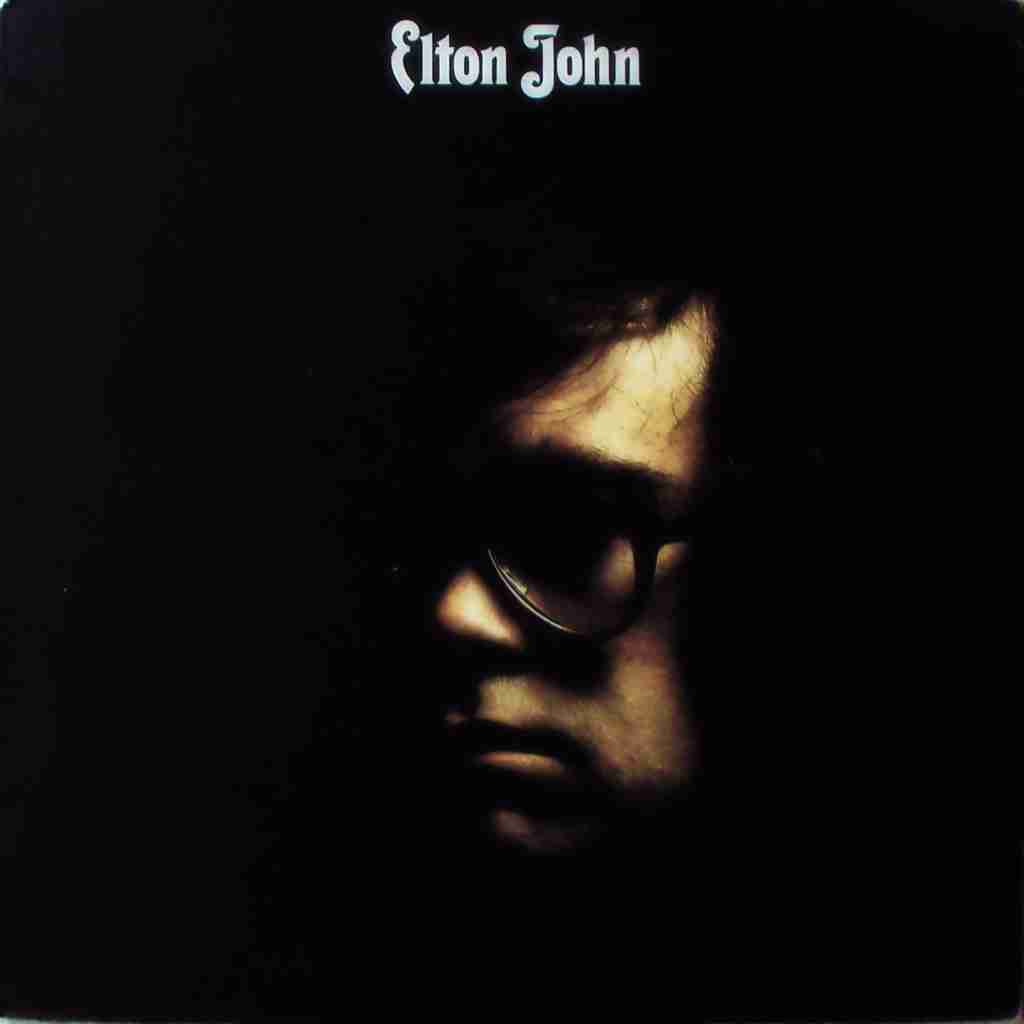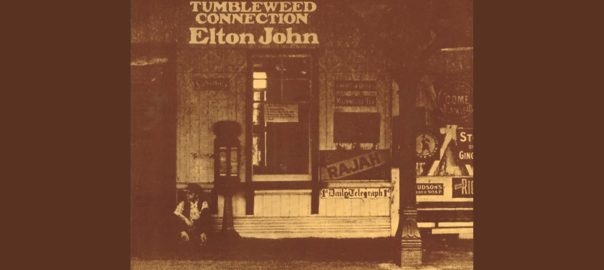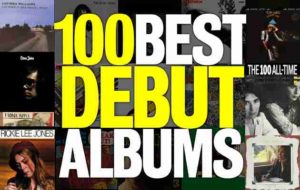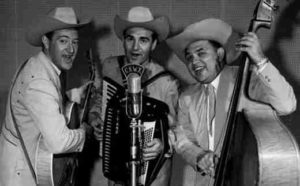
Each summer, from the late 1960s through the 1980s, legendary broadcaster Terry David Mulligan traveled to Great Britain, in search of new music, breaking artists, and the “next big thing.”
In 1970, the next big thing was Reginald Kenneth Dwight aka Elton John.
Love Song, side2, track 7, my favourite Tumbleweed Connection song, that got lots of radio play from me
Elton John’s self-titled début constituted his introduction to North American audiences. Tumbleweed Connection was his first British release, and went on to (lesser acclaim than his 1970 album) become his second North American album release.
At the time, Terry was employed by CKVN (that station had been, and would be again, be CFUN, a giant of pop radio in Vancouver).
Arriving back in Vancouver, Terry was excited to spin Elton John’s disc for all the jocks at the station, who — in the main — were as enamoured with the then unknown Elton John, as was the case with a gregariously enthusiastic TDM.
The number one smash hit off the album was Your Song, which became a staple at weddings of the era — including mine to Cathy, on December 19, 1970.
To this day, Elton John’s eponymous début remains my favourite Elton John album, a serious, incredibly well-composed, almost operatic album, much at variance with the more pop-oriented albums and songs Elton John would compose and release — with lyrics by Taupin — over the next 50 years.
“The album which I am quite proud of is the very first one [I did with Elton]. The ‘black album’ was all done in a week. If I could go through that week again, I would just love it to death.”
Gus Dudgeon, Producer
Elton John is a classic, Top 100 album in the pantheon of rock music.
John and lyricist Bernie Taupin’s songwriting had an immediacy ingrained in the music, sharper and more diverse than Tumbleweed Connection, or any music the two released after 1970.
Taupin is all about American mythology and old men’s regrets. Elton likes his harps and harpsichords. Together they gaze beyond England.
Listen to the music. Elton and Taupin clearly have their hearts in the South.
Take Me to the Pilot, a rocking gospel piece where John’s driving piano takes centre-stage over the strings may not make much sense lyrically, but John’s good sense ground its willfully cryptic words with a catchy blues-based melody.
Next to the increased sense of songcraft, the most noticeable change on Elton John is the addition of Paul Buckmaster’s grandiose string arrangements.
“It only took the first hearing for me to call Elton’s manager and express my enthusiasm. I heard the potential of what he and Bernie had written. I had already begun to hear what I was going to do with Your Song, for a start. It was the sort of thing that I was dying to have a go at.”
Paul Buckmaster
Buckmaster’s orchestrations are never subtle, but they never overwhelm the vocalist, nor do they make the songs schmaltzy.
First Episode At Hienton, one of my favourite songs on Elton John, one I often sing to. I know that I am still alive and thriving, when I can hold the extended note (wwwooooommmaaannnn) at 4:13 in.
Instead, they fit the ambitions of John and Taupin, as the instant standard Your Song illustrates.
Even with the strings and choirs that dominate the sound of the album, John manages to rock out on a fair share of the record. Though there are a couple of underdeveloped songs, Elton John remains one of his best records.
In a rather uneventful period in rock music, John’s music emerged as so staggeringly original that it wasn’t obvious that he was merely operating within a given musical field (such as country or blues or rock) but, like Randy Newman and Laura Nyro among others, creating his own field, borrowing from country, rock, blues, folk and other influences, but mixed in his own way.
Aretha Franklin would hardly have covered Border Song — a great gospel tune with a bombastic arrangement — if she’d sensed an artificiality.
The resulting songs are so varied in texture that his music defied classification.
While his voice, in those days, mostly resembled Jose Feliciano, there were also detectable touches of Leon Russell and Mick Jagger.
Sitting behind his own piano, with Nigel Olsson on drums and Dee Murray on bass, John’s new sound was much earthier than his earlier work, even if there was an essential sweetness to his heavily orchestrated North American début album.
All these years later, in 1970 and fifty-four years on, with Elton John’s arrival on the music scene, the sense existed then that in Reginald Kenneth Dwight here was a legendary artist destined to play a featured role in the history of rock ‘n roll.


